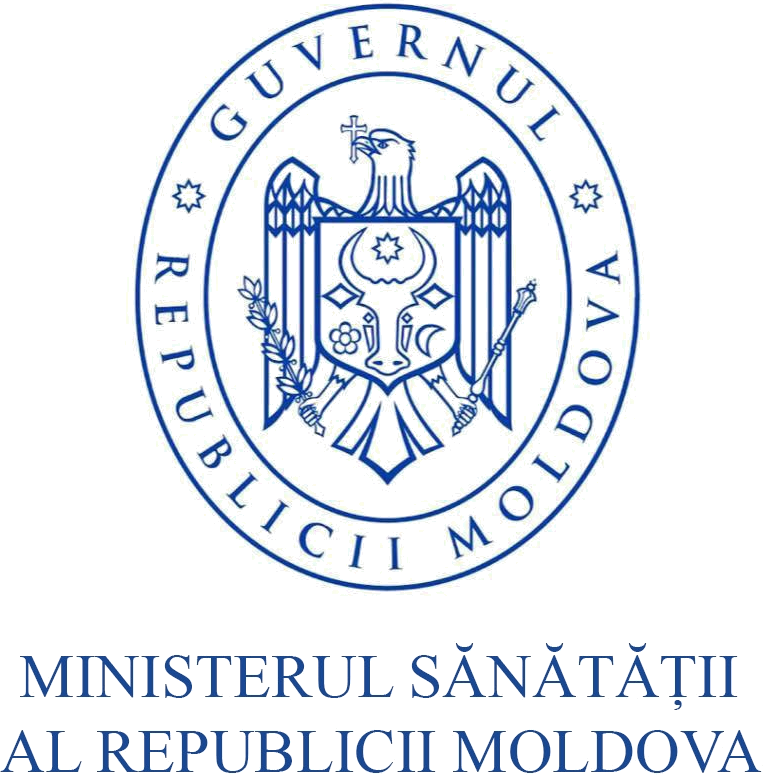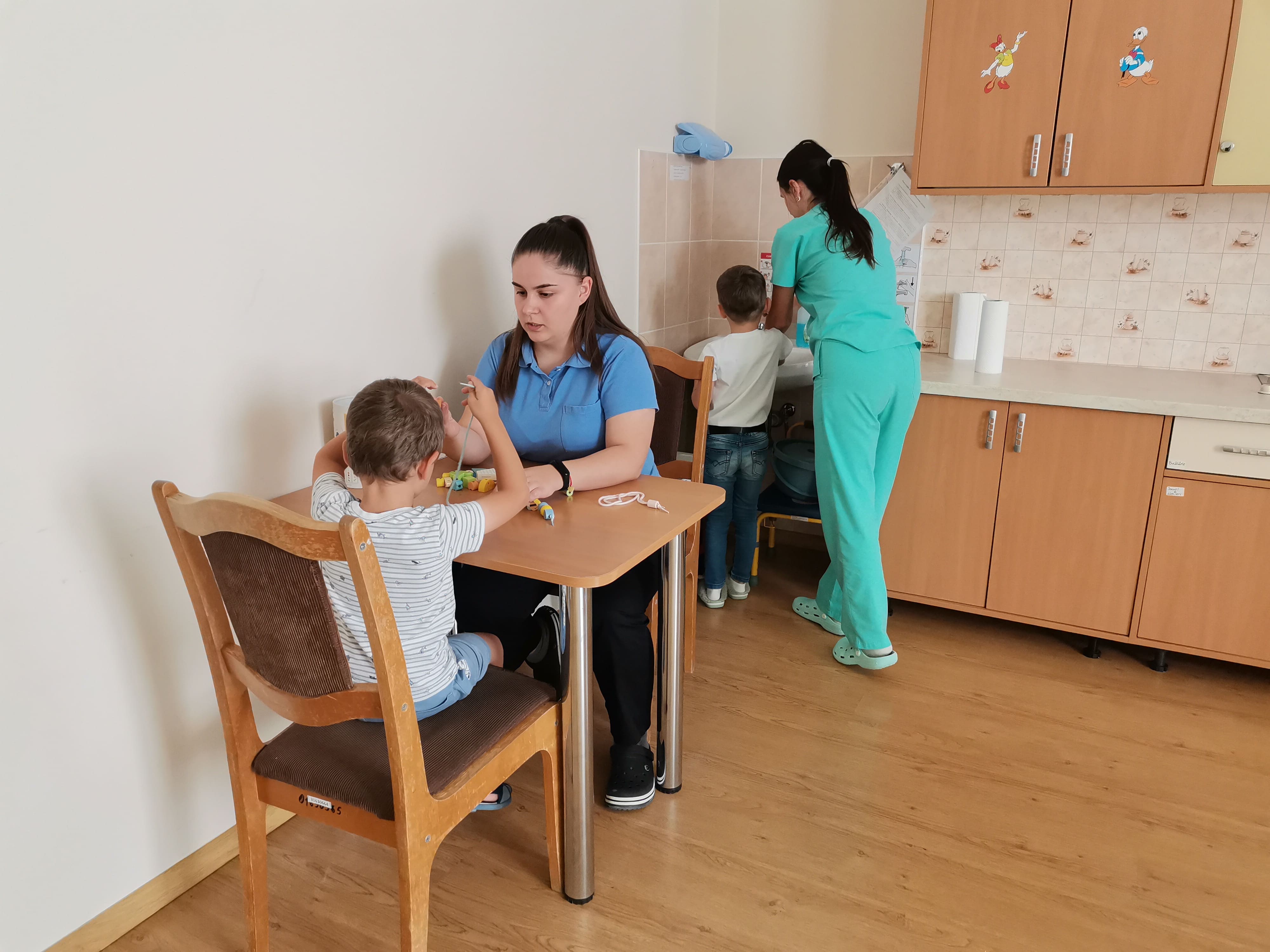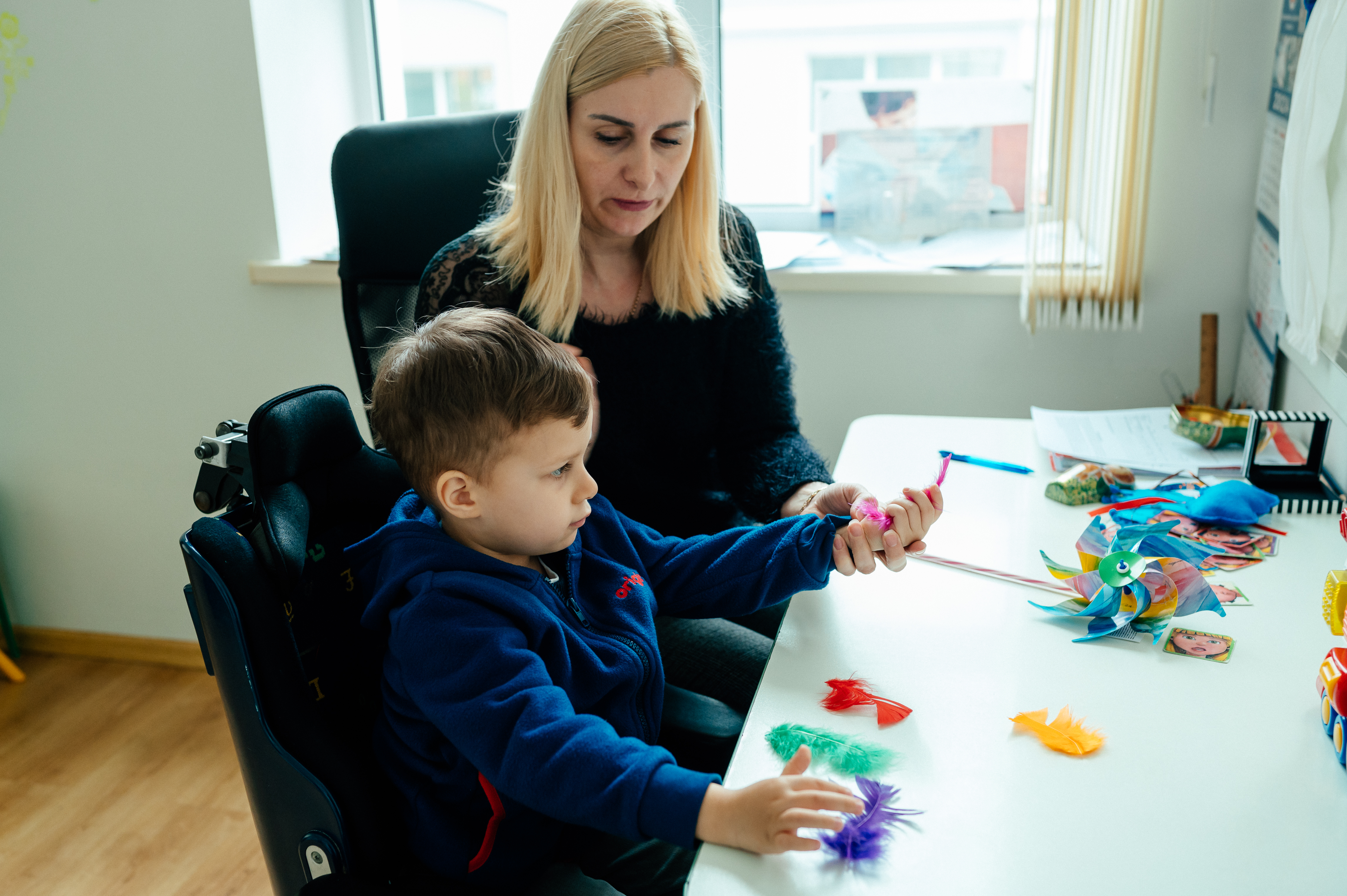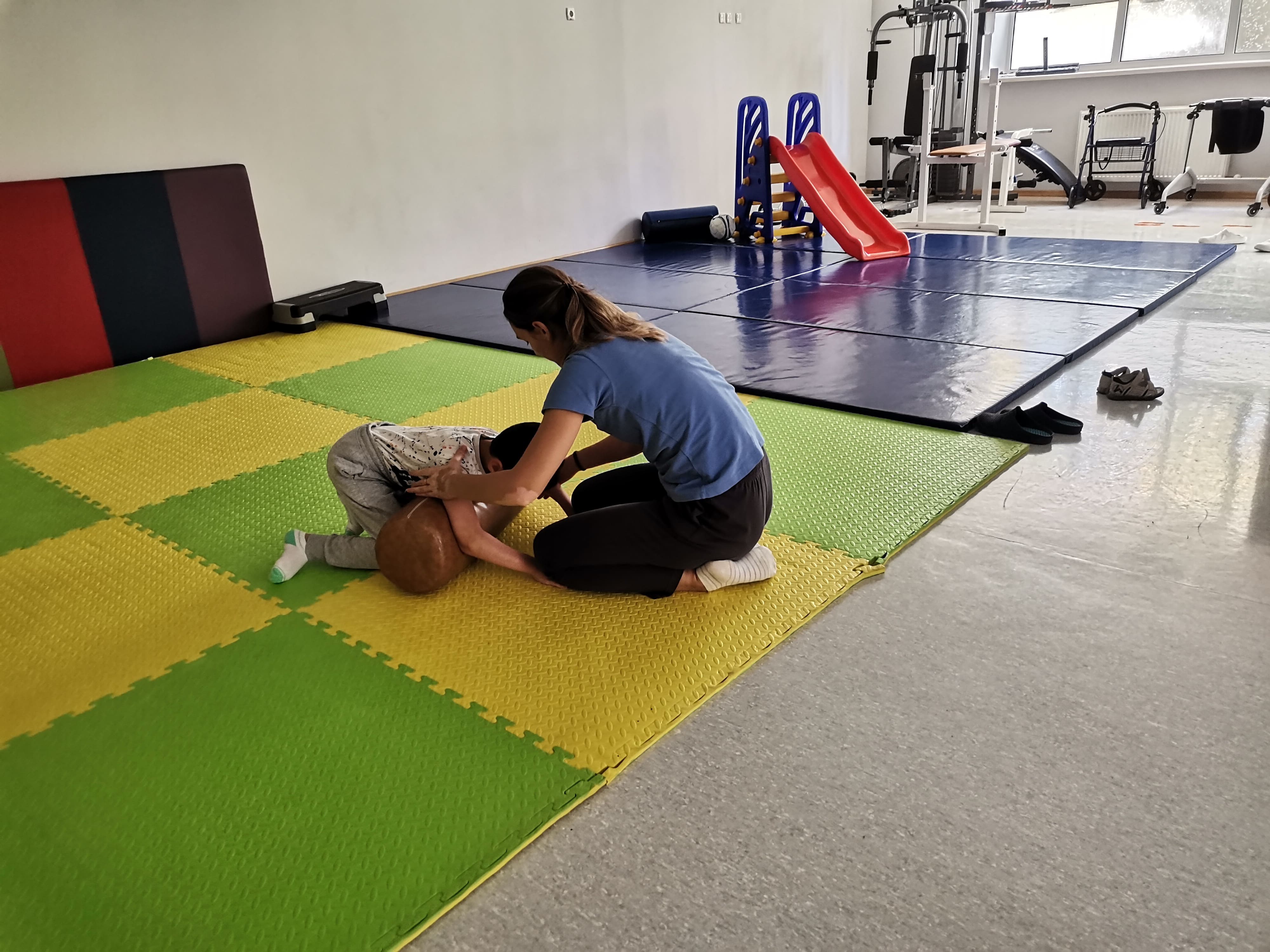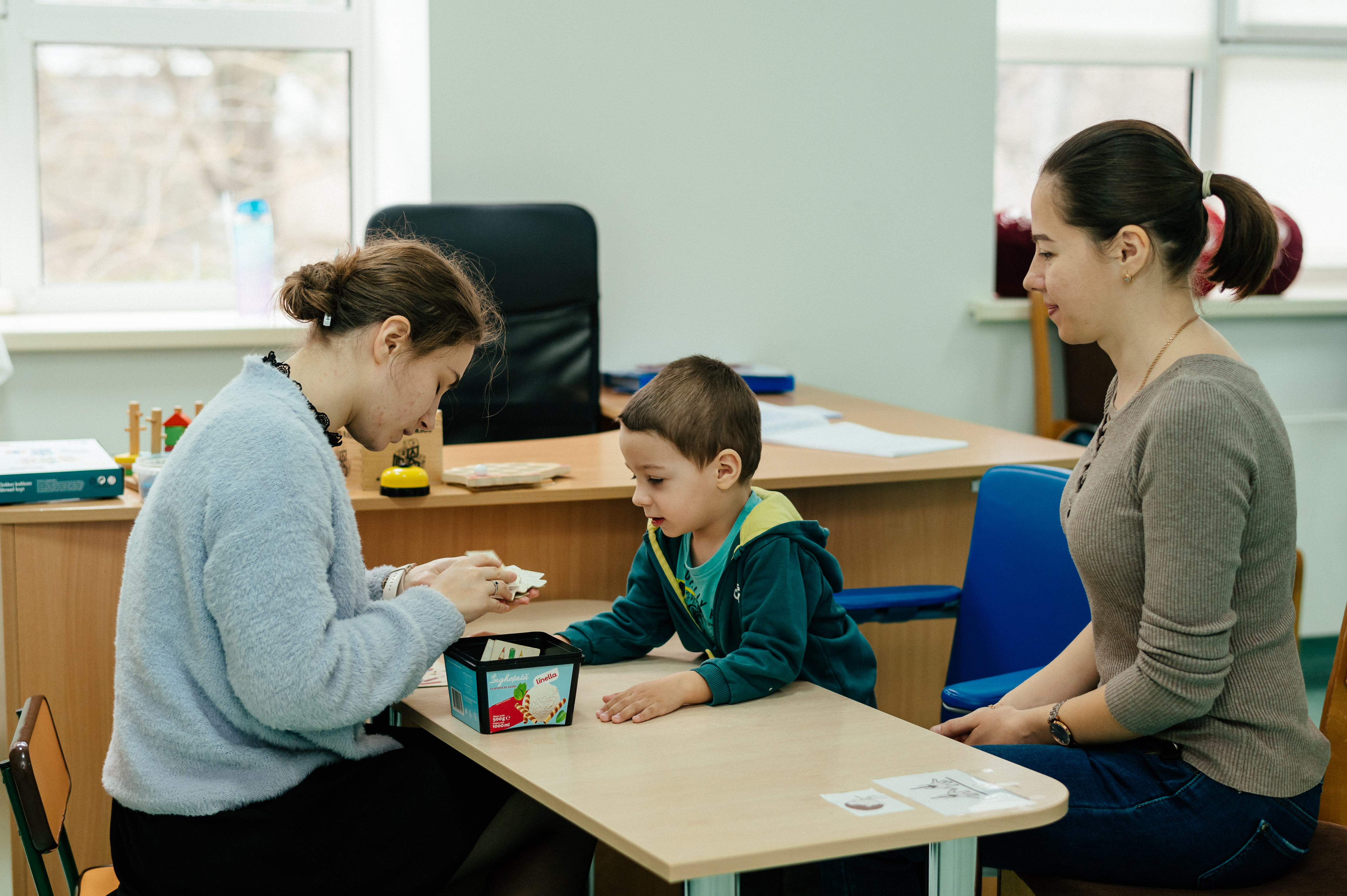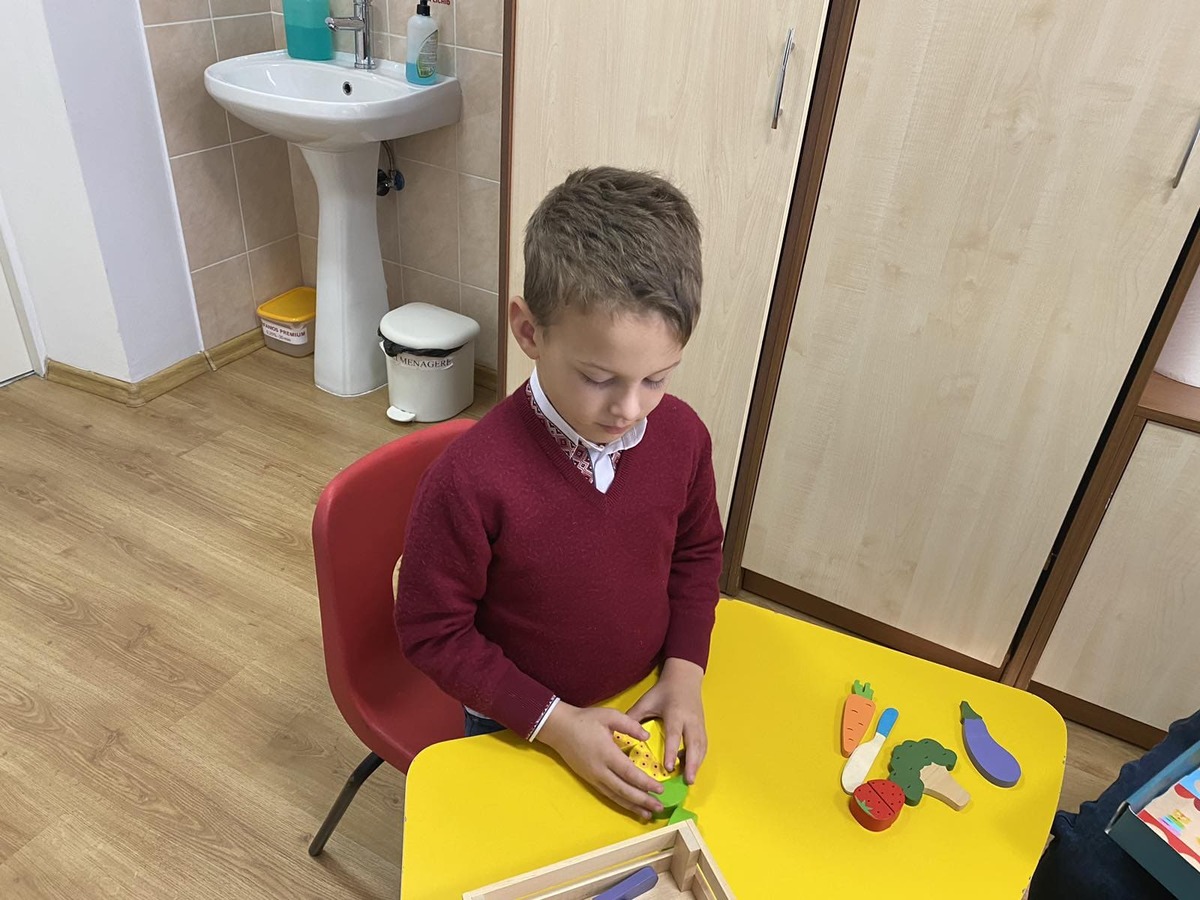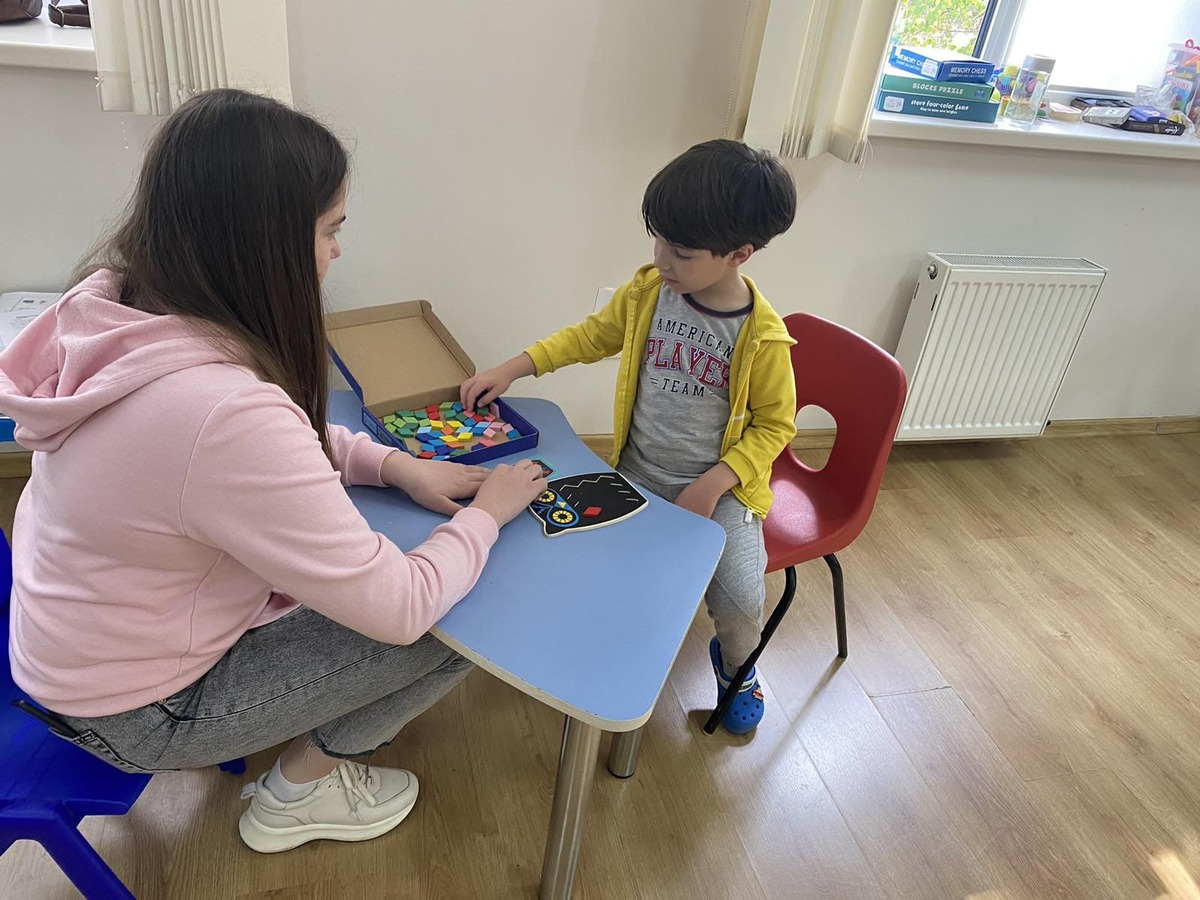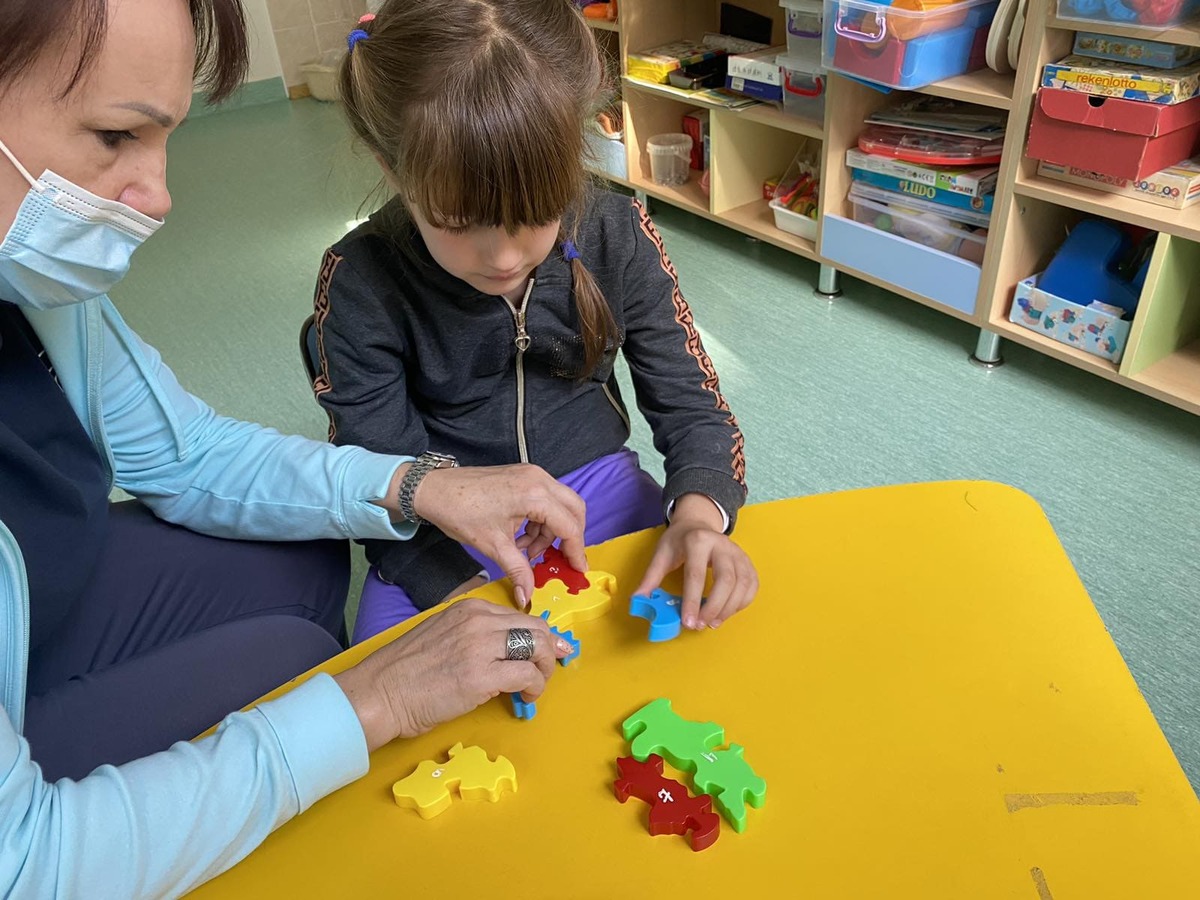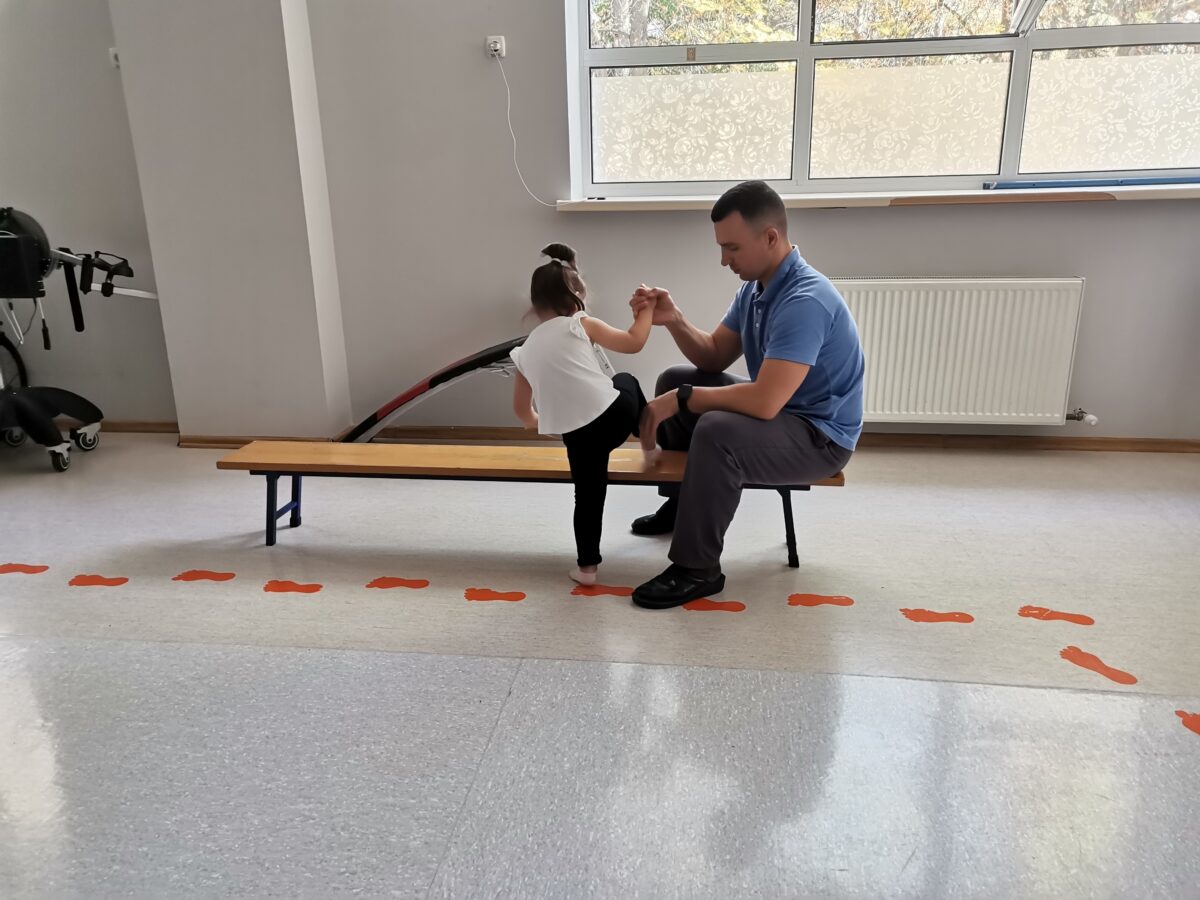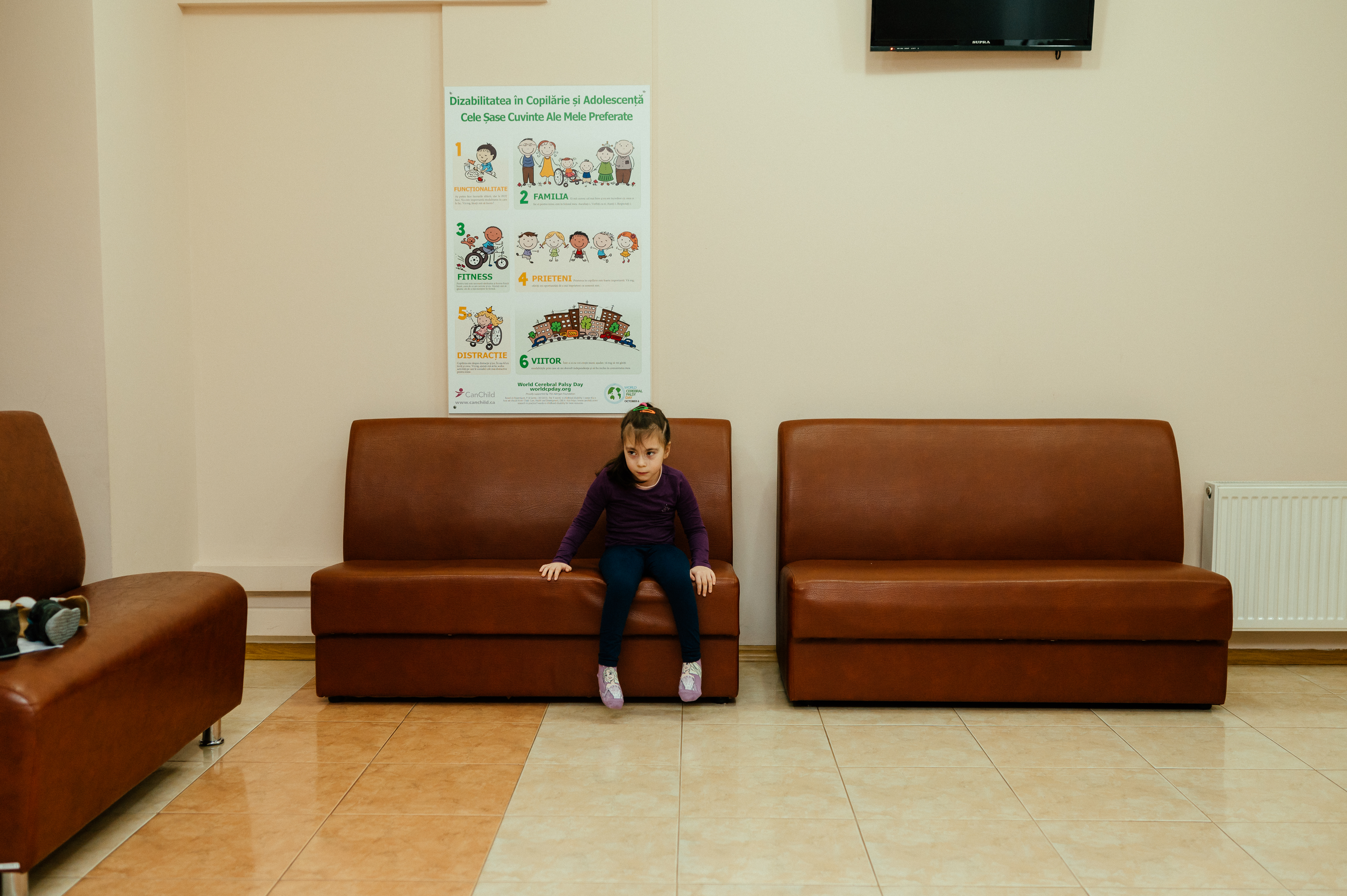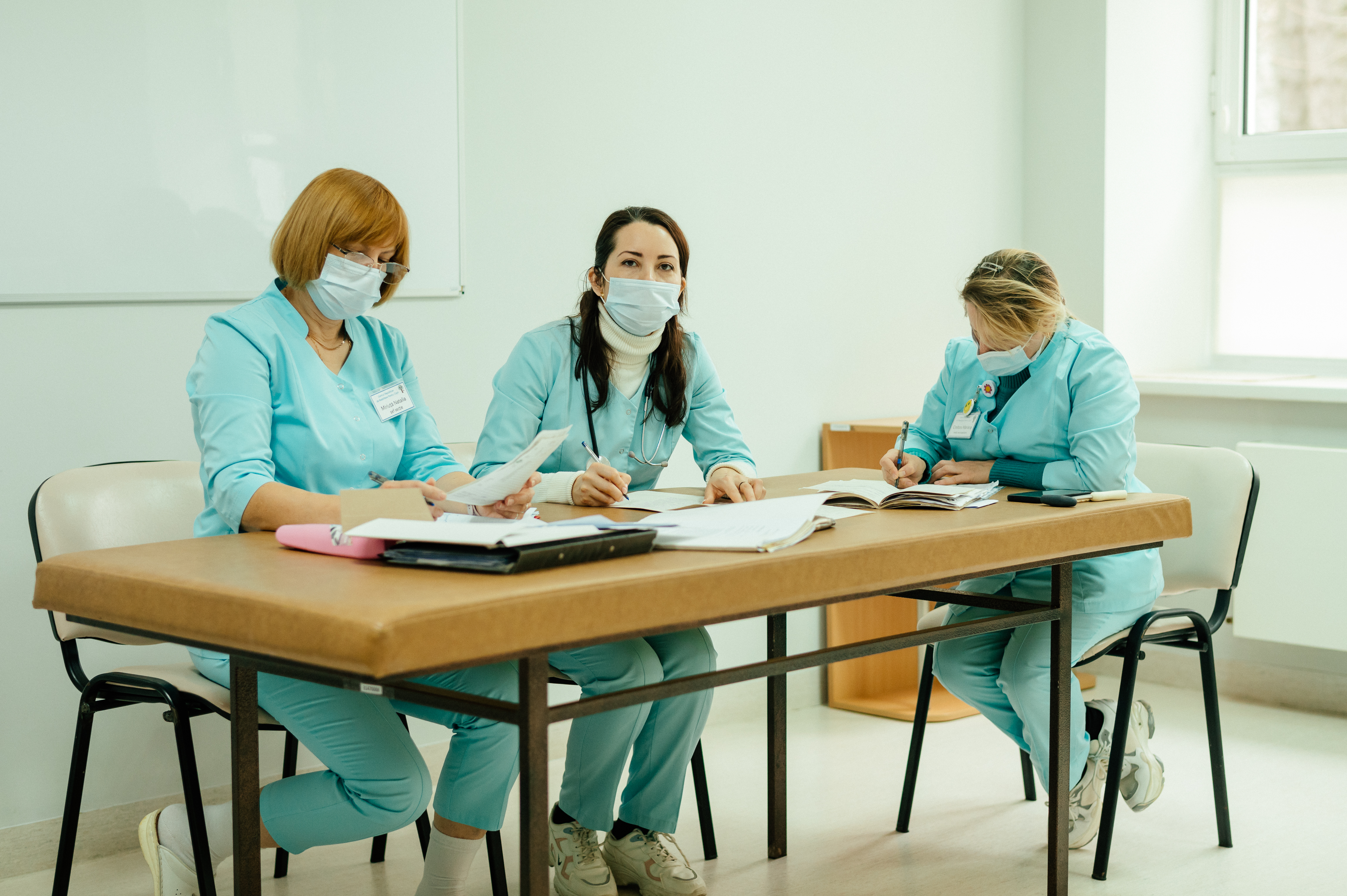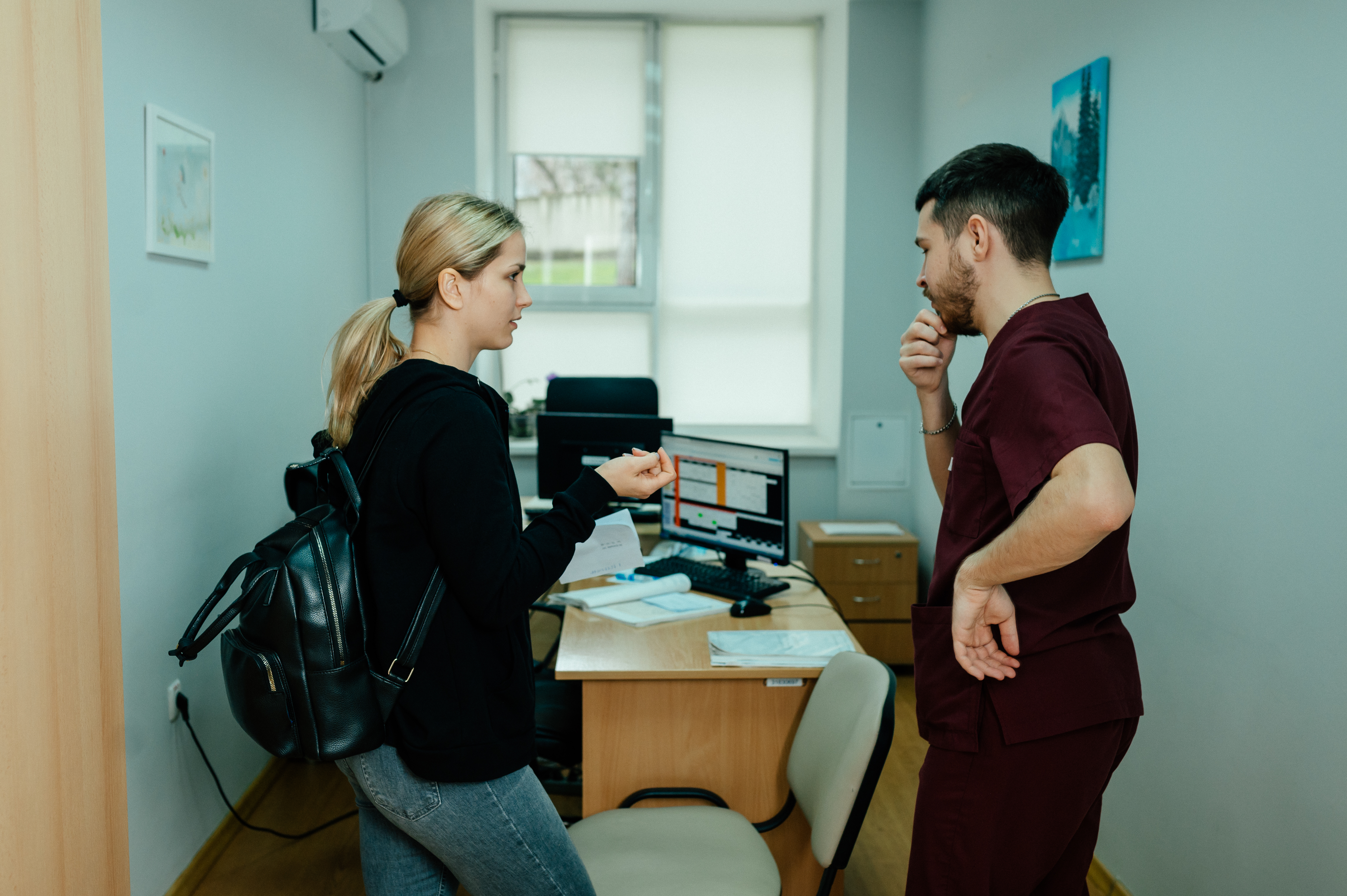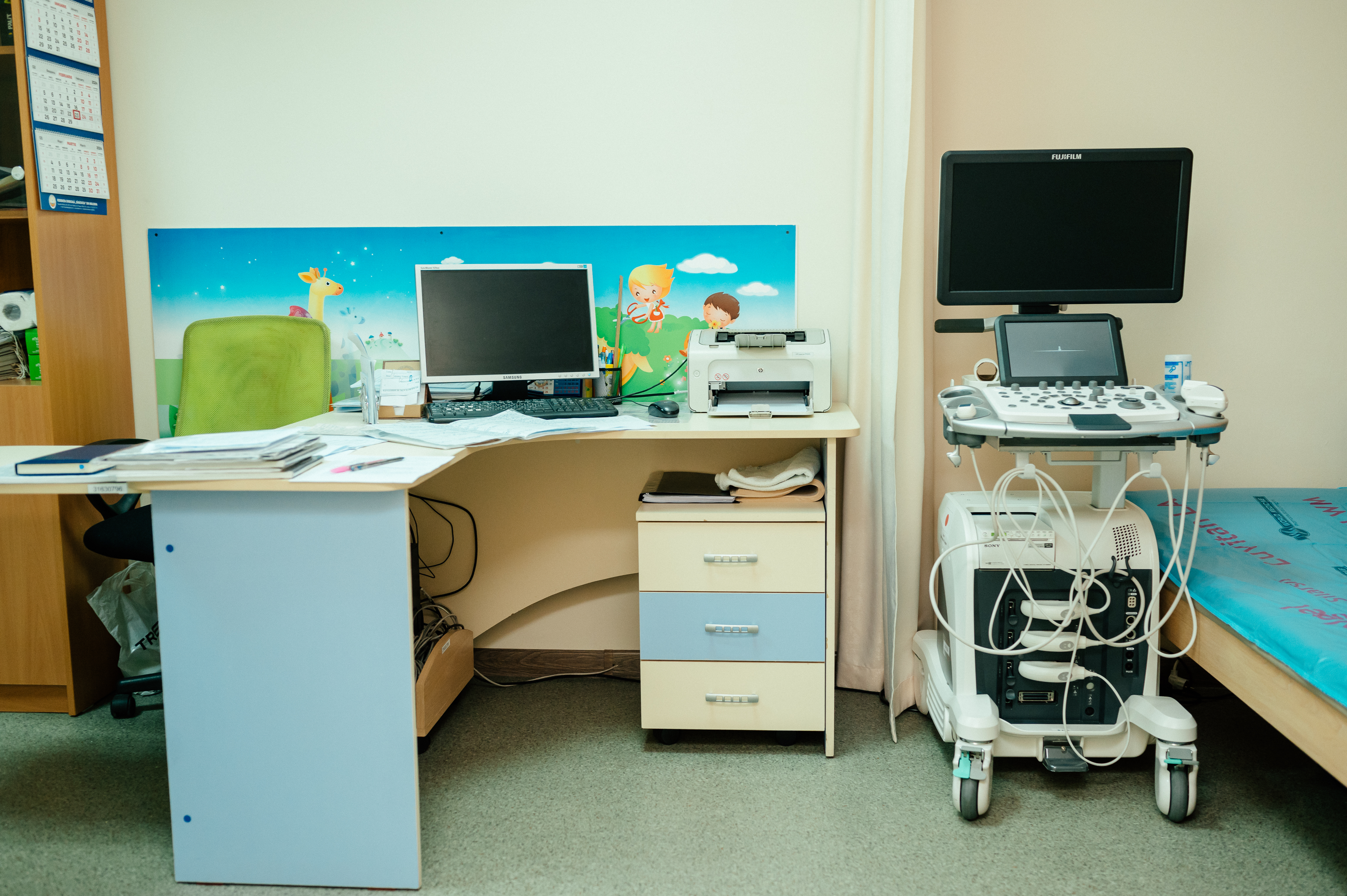The Early Intervention, Diagnostics and Outpatient Consultation Department is a subdivision of the IMSP Rehabilitation Center for Children and aims to identify, consult, evaluate including functional and imaging, create an individual rehabilitation plan for children with neuromotor disabilities and from the risk group, with the following reference for the Physical Rehabilitation and Occupational Therapy Department and the Psycho-verbal Rehabilitation and Social Assistance Department.
The specialists of the department will propose individual projects and services for the purpose of medical, psychosocial rehabilitation, overcoming developmental delay, improving the general condition, assisting the family in the process of adapting to the difficulties related to the child’s health and care problems, developing recommendations for home recovery.
The basic tool in providing the Early Intervention service is the multidisciplinary consultation that is carried out upon admission with the participation of the Pediatrician, Pediatric Neurologist, Rehabilitation Specialist, Medical Nurse and the child with the family. If necessary, consultation with other doctors and specialists in special psycho-pedagogy, speech therapists, psychologists, physiotherapists, occupational therapists within the institution is also required to correct the treatment and rehabilitation tactics.
The Early Intervention, Consultation and Outpatient Diagnostics Department aims to achieve the following objectives:
• Carrying out a screening program with the identification of children from the risk group, within the early intervention service and their inclusion in individualized rehabilitation programs.
• Early detection and diagnosis of neurological diseases.
• Correcting the neurological treatment tactics if necessary.
• Performing instrumental and imaging diagnostic methods: EEG, NSG, USG, ECG
• Comparative analysis of the results of investigations of patients with disabilities.
• Evaluation of the dynamics of the rehabilitation process is carried out with varying periodicity.
Organization and operation of the department
The capacity of the Early Intervention, Consultation and Outpatient Diagnostic Department allows for the provision of recovery assistance during the day to 70 children.
Early childhood intervention (ECI) is a support system for children with developmental delays, disabilities or increased risk and their families. The main goal of early intervention is:
• Ensuring appropriate assistance at the time needed for each child with developmental disorders or at risk of their occurrence.
• Providing support to the family/caregiver/legal representative for the harmonious development of the child in all areas of development. The main objectives of early intervention:
• Early identification of developmental disorders and potential risk factors;
• Assessment of the ECI needs of children with developmental disorders or risks for their occurrence;
• Assessment of families from a social point of view;
• Provision of ITC services in accordance with the standards in force
• Facilitating the family in the development and implementation of the individual ITC plan.
Programs with the duration of treatment courses
Children in the early intervention program
Can benefit from 3-4 courses per year (depending on severity);
Duration of a treatment course – 10 days with daily sessions (excluding Saturdays and Sundays);
Can benefit from the full range of necessary procedures in the number of up to 3-4 types of sessions per day and with an emphasis on the motor or psycho-verbal field (consultation of specialists will not be taken into account) and physiotherapeutic procedures if necessary;
Upon reaching the age, the child and family requiring rehabilitation services will be ensured the transition to another program within the Center or will be referred to other institutions that provide the necessary services.
Children up to 18 years old in standard program (with daily sessions)
Can benefit from 3-4 treatments per year (depending on severity).
Duration of a treatment course – 10 days with daily sessions (excluding Saturdays and Sundays).
Can benefit from the full range of necessary procedures in the number of up to 4 types of sessions per day and with emphasis on the motor or psycho-verbal field (specialist consultation will not be taken into account) and physiotherapeutic procedures if necessary.
Children up to 18 years old in extended program (program over one day that can continue after a standard program or can be initiated from the beginning)
Can benefit from up to 10 days with sessions over one day (absences are not recovered).
Can benefit from 2 types of sessions in the motor field and, if necessary, 1 type of session in the psycho-verbal field (specialist consultation will not be taken into account).
Inclusion criteria for the extended program
Patient after injection with botulinum toxin type A (Dysport) with potential for functional progression (cases of injection for temporary purposes without developmental progression are excluded).
Patient after surgical intervention and/or orthopedic correction (period between 2 and 6 months after the intervention).
Suspicion of the diagnosis of Cerebral Palsy in the child from early intervention, but the diagnosis is not confirmed.
Serious motor disorders with good recovery potential.
Patient with neuromuscular pathology or other neurological pathology in association with moderate-severe somatic disorders with a reduced degree of exercise tolerance (which cannot be included in the standard program).
In case of unjustified absence from sessions during the treatment course, they are canceled without the possibility of recovery.
In case of unjustified interruption of more than 3 days (with sessions) the patient is discharged.
Children in the orthopedic group
They can benefit from 2-3 courses per year (depending on severity).
Duration of a rehabilitation course – 2 calendar weeks, with daily sessions – up to 10 days (excluding Saturdays and Sundays).
They can benefit from group physiotherapy, group hydrokinetotherapy (in the case of moderately and rapidly progressive pathologies, another necessary procedure can be added).
Criteria for inclusion in the orthopedic group:
Patient with a confirmed orthopedic diagnosis.
Consultation with an orthopedic doctor in the last 6 months.
Stable mental state with cooperative and appropriate behavior.
Patient age 6-18 years (group 6-12 years and/or group 13-18 years).
Absence of diseases in the early post-acute phase, hyperthermia, acute respiratory infections, etc.
Number of patients in the orthopedic group up to 8 children in the group.
Children in the orthopedic group do not benefit from paraclinical investigations.
Requirements for group hydrokinetotherapy:
Stable mental state with cooperative and appropriate behavior.
Maintaining proper personal hygiene
No fear of water (hydrophobia)
No diseases in the early post-acute phase, hyperthermia, acute respiratory infections, etc.
No chronic diseases in the acute phase – or in the decompensation phase.
No sphincter disorders
No infected wounds, unhealed skin ulcers, atopic dermatitis, mycoses, etc.
No parasitic diseases – helminthiasis, pediculosis, etc.
Presence of equipment for the pool
The department’s activity is carried out in premises with special equipment for carrying out the diagnostic and consultative process: multidisciplinary consultation office, medical offices (neurologist, pediatrician, rehabilitation specialist, psychotherapist, orthopedist), functional diagnostics (EEG, Echo-EG, USG of internal organs and neurosonography, ECG). The department has a mother and child room.
After completing the recovery course that took place within the Republican Rehabilitation Center for Children, the patient is issued an extra-referral (Form 027/e) specifying the recovery treatment followed and the necessary recommendations

